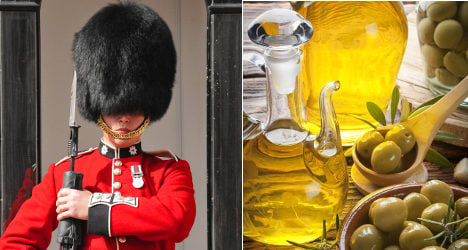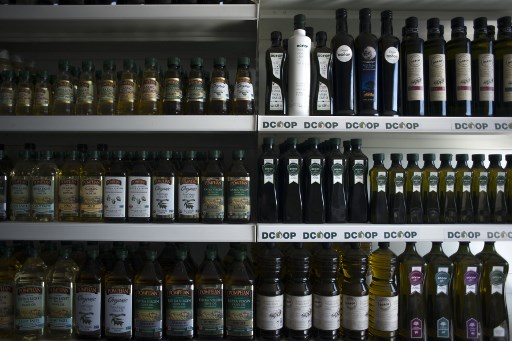The board "decided to proceed to finalize the terms and conditions from today with CVC Capital Partners of the offer at a price of €0.38 per share," the world's biggest bottled olive oil group said.
The first phase of the takeover would see a purchase of 29.99 percent of Deoleo's shares by the British venture capital firm.
Spain supplies about half of the world's olive oil and the government views Deoleo, which owns brands such as Carbonell and Hojiblanca, as a pivotal player in the export business.
The company's board backed CVC's offer over a rival bid from IQ Made in Italy (IQ MIIC), a joint venture between Italian state investment fund FSI and its Qatari counterpart.
Media reports also named U.S. private equity firms Carlyle and Rhone Capital, and France's PAI Partners, as among seven bidders that put in offers.
Madrid said last week it was worried about foreign investors taking control of Deleo after four Spanish banks said they would put their combined 31.7-percent stake on the block.
Since then local media have reported that shareholders, including CaixaBank, Kutxabank, Unicaja and Dcoop, would keep their holdings to ensure that the firm remains Spanish-owned.
"The Spanish government does not want Deoleo to be broken up," Agriculture Minister Miguel Arias Canete said, adding that the government was following developments closely.
Don't miss stories about Spain, join us on Facebook and Twitter.





 Please whitelist us to continue reading.
Please whitelist us to continue reading.
Member comments